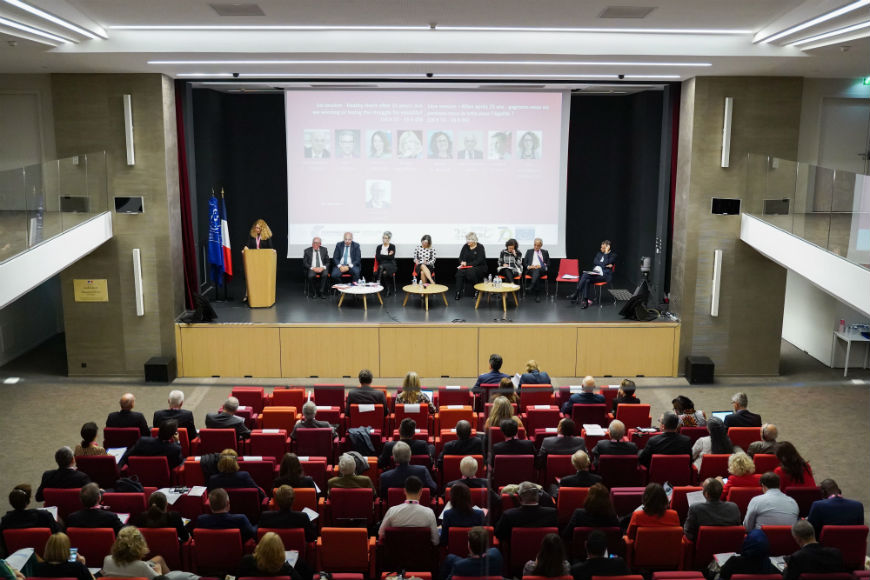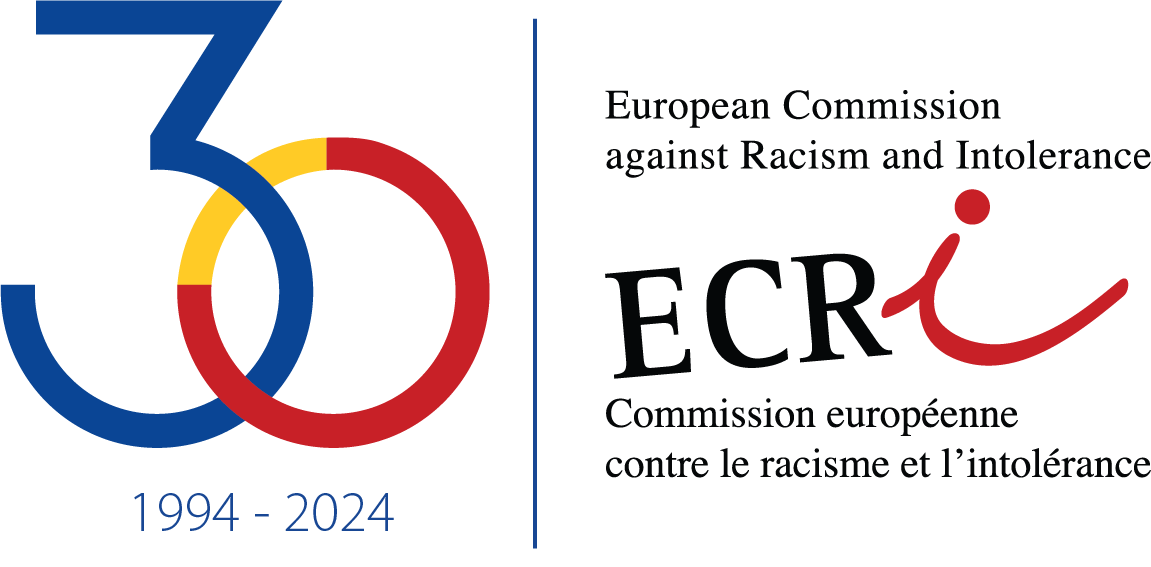At the end of its 25th Anniversary Conference, ECRI published its Roadmap for Effective Equality. In this strategic document, it defines its work priorities for the years to come and calls on the member states to intensify implementation of its recommendations, to rebut divisive discourse and to refrain from scapegoating specific sections of the population.
ECRI has given itself a number of priorities, including:
- strengthening effective equality and access to rights, including through promoting the independence and effectiveness of equality bodies, inclusive education and LGBTI equality;
- combating hate speech and hate-motivated violence and promoting inclusive integration, particularly for migrants and Roma, and more specifically for children;
- highlighting and promoting good practices in the fight against racism and intolerance;
- taking account of crosscutting issues where the intersection of national or ethnic origin, religion, gender, sexual orientation, gender identity and other grounds can lead to further discrimination and including a gender perspective in all its future work;
- updating its general policy recommendations on combating intolerance and discrimination against Muslims and on the fight against antisemitism; preparing a new recommendation to combat discrimination and intolerance against LGBTI persons; initiating a review of the Charter of Political Parties for a nonracist society;
- highlighting the potential danger of racial profiling and discrimination that may arise as a result of the increasing use of new technologies such as artificial intelligence but also recommending ways to take advantage of the opportunities they bring in the fight against racism and intolerance.
The member states are called on to implement ECRI’s recommendations expeditiously and effectively, with the help of equality bodies for instance, and to promote equality and inclusiveness in the light of the increase in hate speech and intolerance in political discourse.
Members of 10 governments, including three ministers and three deputy/state ministers, high representatives of the Council of Europe, IGOs, Equality Bodies, stakeholders and more than 300 participants contributed to this conference and to advancing on the road to effective equality in the 47 member states of the Council of Europe.




